‘The Pope has revealed himself as someone who’s never thrown a ball for a dog’
Your digest of analysis from the British and international press
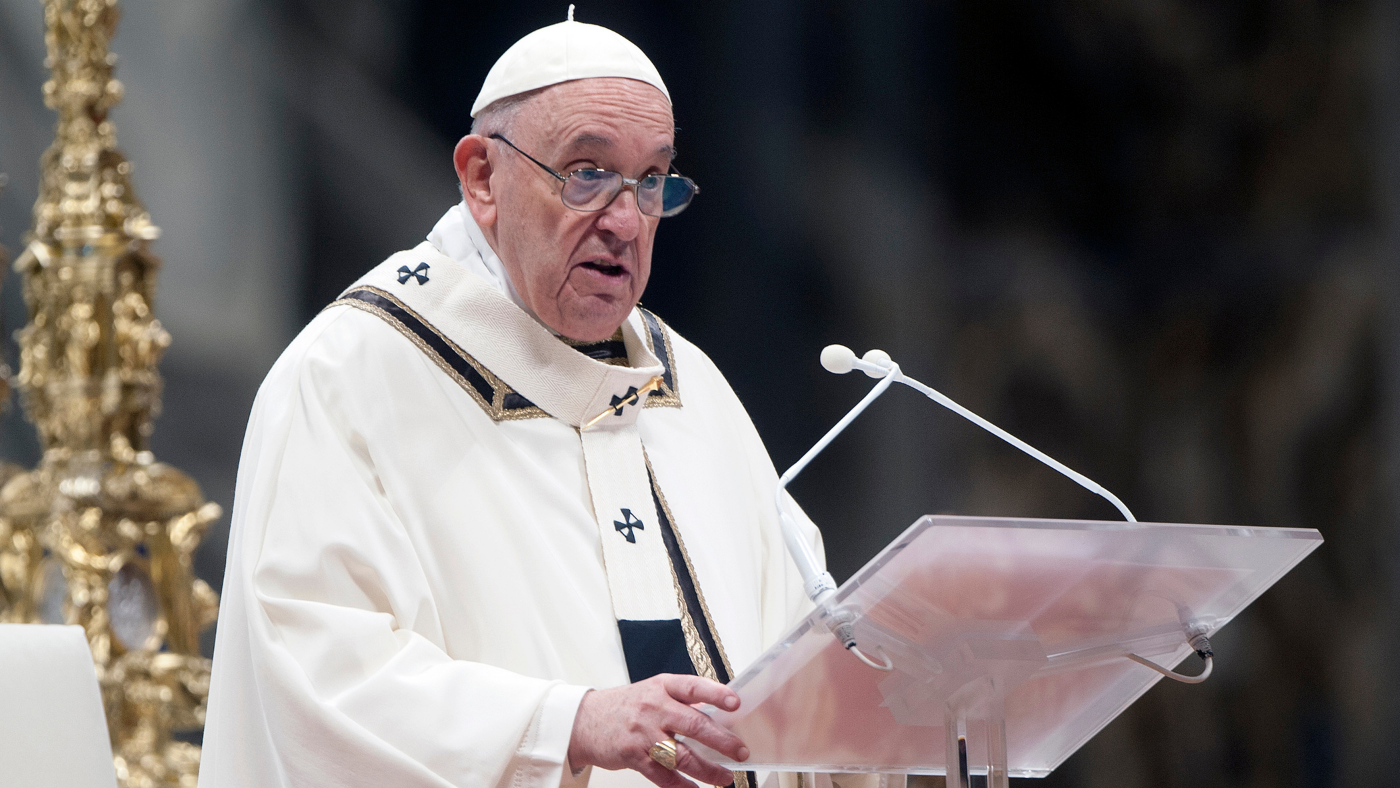
- 1. Pope Francis is wrong about pets; looking after them can make us better people
- 2. Spare me the Home Office-backed ‘safety app’: it wouldn’t have stopped my attacker
- 3. What Putin really wants from the Ukraine crisis
- 4. Farmers are the key to saving the countryside
- 5. Virtual foreign exchange allowing students to ‘study abroad’ without leaving home will outlast Covid-19
A free daily email with the biggest news stories of the day – and the best features from TheWeek.com
You are now subscribed
Your newsletter sign-up was successful
1. Pope Francis is wrong about pets; looking after them can make us better people
Simon Kelner on the i news site
on puppy love
“Pope Francis doesn’t mince his words”, says Simon Kelner on The i news site. The pontiff described people’s choice to have a pet rather than a child as displaying a “certain selfishness”, a position Kelner thinks is “fundamentally flawed”. The Pope’s stance “reveals himself merely as someone who’s never thrown a ball for a dog”. This writer says he couldn’t be “more involved” in his own dog’s life, a “lockdown puppy” that he is undoubtedly guilty of “lavishing parental love” on. Pets can help us “understand how to be more selfless, caring and responsible”, as owners learn about “unconditional love, and loyalty”. Kelner’s “day-to-day existence has been enriched in so many ways” since Leonard the dachshund entered his life. And anyway, “how much more of a rounded person would the Pope look if he turned up on the balcony with a puppy in tow?”, he asks.
The Week
Escape your echo chamber. Get the facts behind the news, plus analysis from multiple perspectives.

Sign up for The Week's Free Newsletters
From our morning news briefing to a weekly Good News Newsletter, get the best of The Week delivered directly to your inbox.
From our morning news briefing to a weekly Good News Newsletter, get the best of The Week delivered directly to your inbox.
2. Spare me the Home Office-backed ‘safety app’: it wouldn’t have stopped my attacker
Rhiannon Lucy Cosslett in The Guardian
on women's safety measures
A new Home Office-backed women’s safety app “has been rightly criticised by experts”, says Rhiannon Lucy Cosslett in The Guardian. The technology would do “nothing to solve the underlying problem of misogyny”, and “simply codifies the safety behaviour in which women already engage: ‘Text me when you get home’”. Cosslett has “already mentally consigned” the app to her dressing table, “along with the rape alarm and the hairspray and the myriad other inventions I’ve read about in the course of the 10 years since I was attacked by a stranger on a London street”. What saves a woman from an attacker is “a roll of the dice that depends on so many factors”, and the whole situation makes this writer “want to scream and shout”. She believes this app will be abandoned too, left “gathering dust like all those rape alarms, relics of another failed brainstorming session”. Women, meanwhile, will be left “fighting, or fleeing or freezing. Rolling the dice. Hoping to live.”
A free daily email with the biggest news stories of the day – and the best features from TheWeek.com
3. What Putin really wants from the Ukraine crisis
Bret Stephens in The New York Times
on true motives
Joe Biden ran for office “promising a tougher line on Russia. It has been anything but,” says Bret Stephens in The New York Times. The administration “has done little to increase the relatively paltry flow of military aid to Ukraine” which would “be as effective as trying to put out a forest fire by peeing on it” were Russia to invade. One can imagine a “not-so-far-fetched scenario” whereby Russia invades Ukraine, and the US responds “by cutting off Russia from the global banking system”. Russia “doesn’t sit still”, it then cuts off gas supplies to the EU, and “demands a Russia-Europe security treaty as the price of the resumption of supplies”. Moscow “freezes” Washington out of the deal, at least until it shows “good will by abandoning financial sanctions”. Biden should instead “break off talks with Russia now” and “reinforce US forces in frontline Nato states”. It may not be “sufficient to stop Russia from invasion,” says Stephens. “But Putin is playing for bigger stakes in the crisis”. What he wants is to “end the Western alliance as we have known it since the Atlantic Charter”, the writer continues. “Another sliver of Ukrainian territory is merely a secondary prize”.
4. Farmers are the key to saving the countryside
Alice Thomson in The Times
on land rows
It’s only the start of the new year and already the countryside has “become a muddy battleground”, says Alice Thomson in The Times. On one side stand the rewilders, “who sound both romantic and reasonable in their desire to recreate swathes of wilderness. On the other are “the traditional landowners who want to retain their way of life and their field sports… continuing their agri-businesses while also making money from carbon capture and planting fast-growing forests”. Standing “at the margins” are property developers, “keen to concrete over fields” and “the vegans, happy to import their avocados and soya products from abroad”. Farmers, “the most important people in the countryside…appear to have got lost in all this”, Thomson adds. They “aren’t perfect”, but “they are our greatest hope if they can be persuaded to run sustainable, regenerative farms that are soil-rich, use native breeds and capture carbon”.
5. Virtual foreign exchange allowing students to ‘study abroad’ without leaving home will outlast Covid-19
Rocky S. Tuan in The South China Morning Post
on technological travelling
“Knowledge has no boundaries”, writes Rocky S. Tuan at The South China Morning Post, and “this is especially true in a global society”. Studying abroad “has become a rite of passage for millions of young people”, but the pandemic “changed all this”. Leading host countries have seen “a significant decline in international student enrolment levels”, with full-degree programmes in top host countries down “by as much as 20%”. In response, universities have been “reimagining” studying abroad, “harnessing the power of technology to deliver immersive international student experiences”. Hong Kong is one city leading the development of “innovative solutions”, with the University of Hong Kong’s Virtual Student Exchange programme receiving commendation at the Times Higher Education’s Asia awards in 2021. “This has got to be a good thing for expanding access to high-quality university education”, says Tuan, given a “return to physical overseas experiences would mean only those with adequate economic means can benefit from them”.
-
 The Week Unwrapped: Have televised confessions quelled protests in Iran?
The Week Unwrapped: Have televised confessions quelled protests in Iran?Podcast Plus, why has Elon Musk turned from Mars to the Moon? And will the BBC prove to be a puzzles champ?
-
 The week’s best photos
The week’s best photosIn Pictures An Andean god, a rogue squirrel, and more
-
 AI surgical tools might be injuring patients
AI surgical tools might be injuring patientsUnder the Radar More than 1,300 AI-assisted medical devices have FDA approval
-
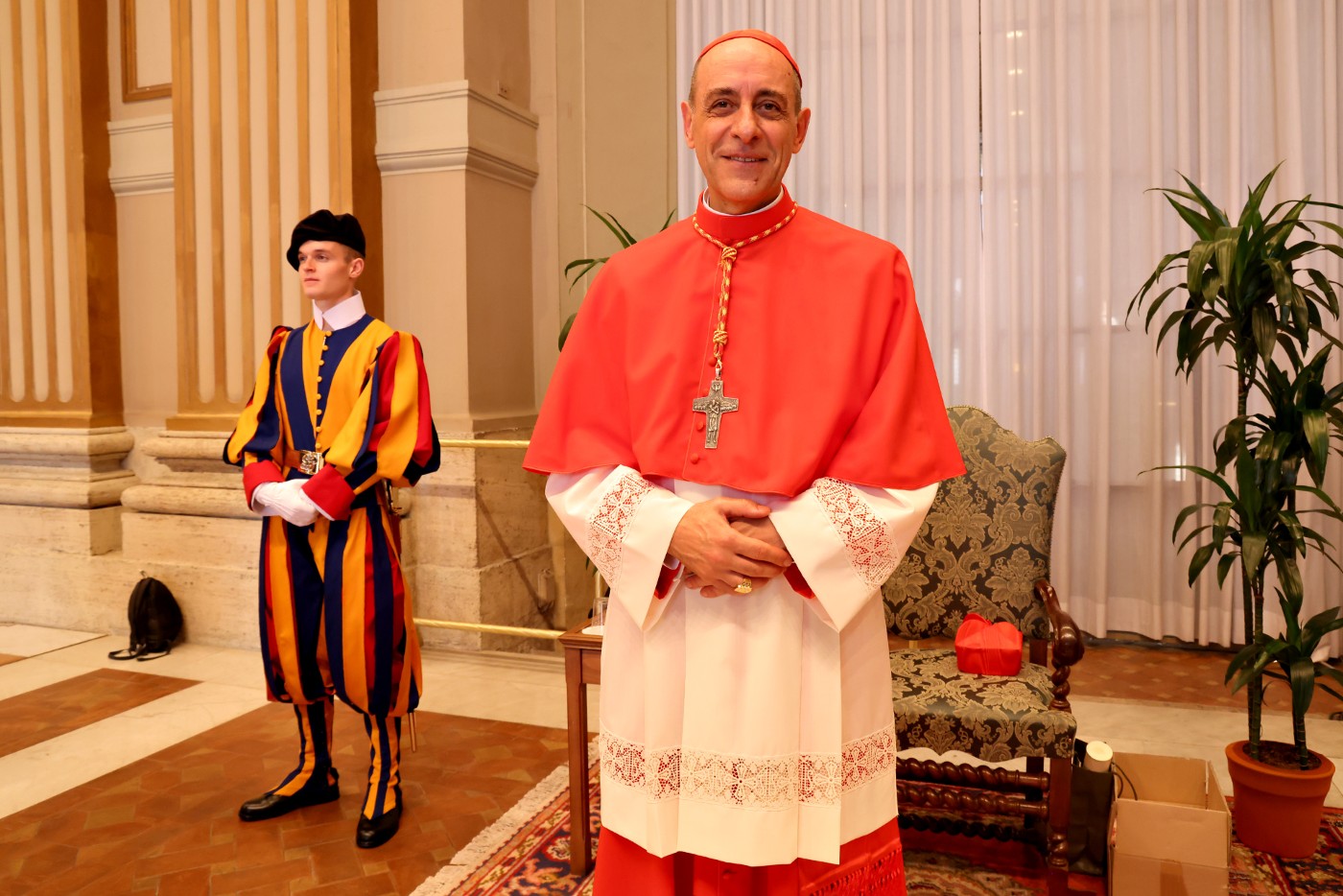 Pope aide under fire for 'mystical orgasms' book
Pope aide under fire for 'mystical orgasms' bookTall Tales And other stories from the stranger side of life
-
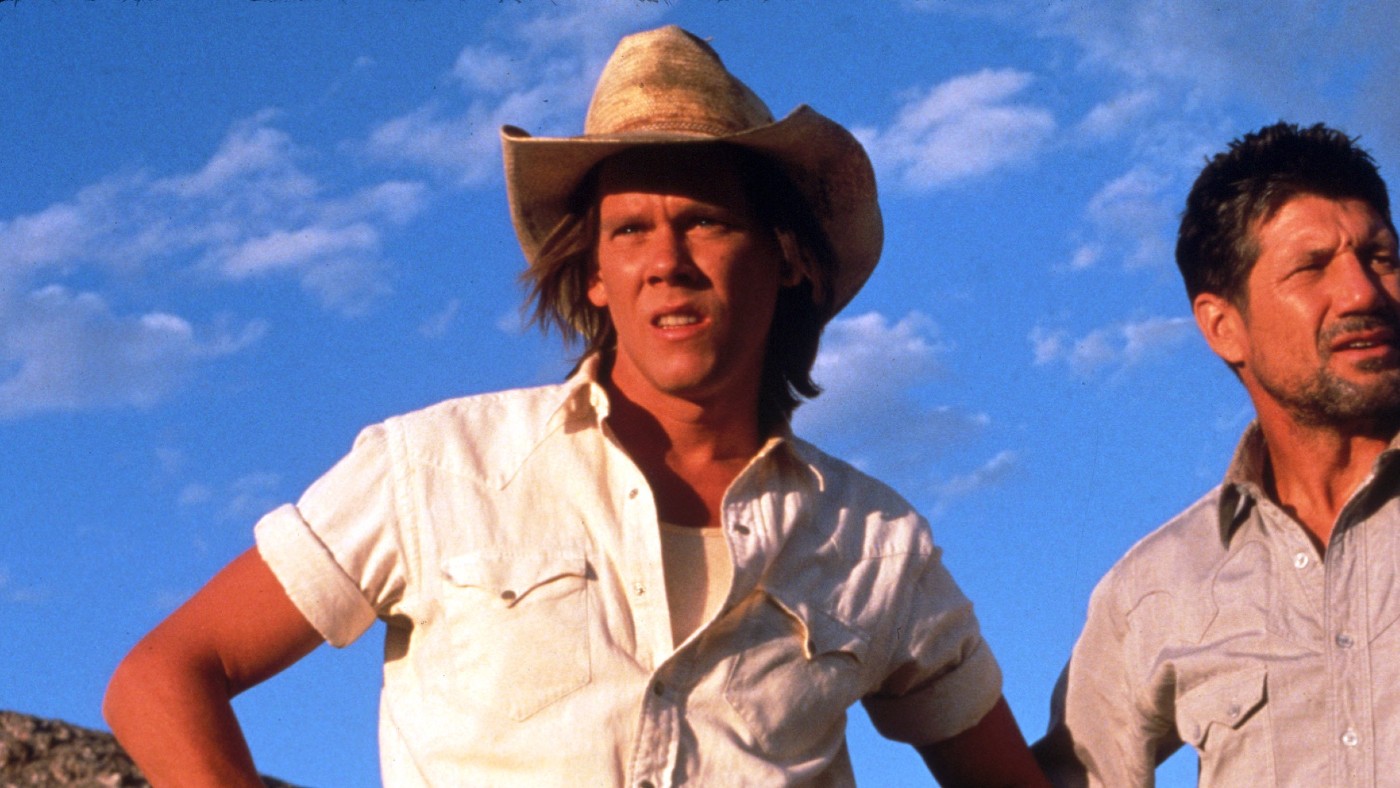 Kevin Bacon the runaway pig finally caught after 18 days
Kevin Bacon the runaway pig finally caught after 18 daysTall Tales And other stories from the stranger side of life
-
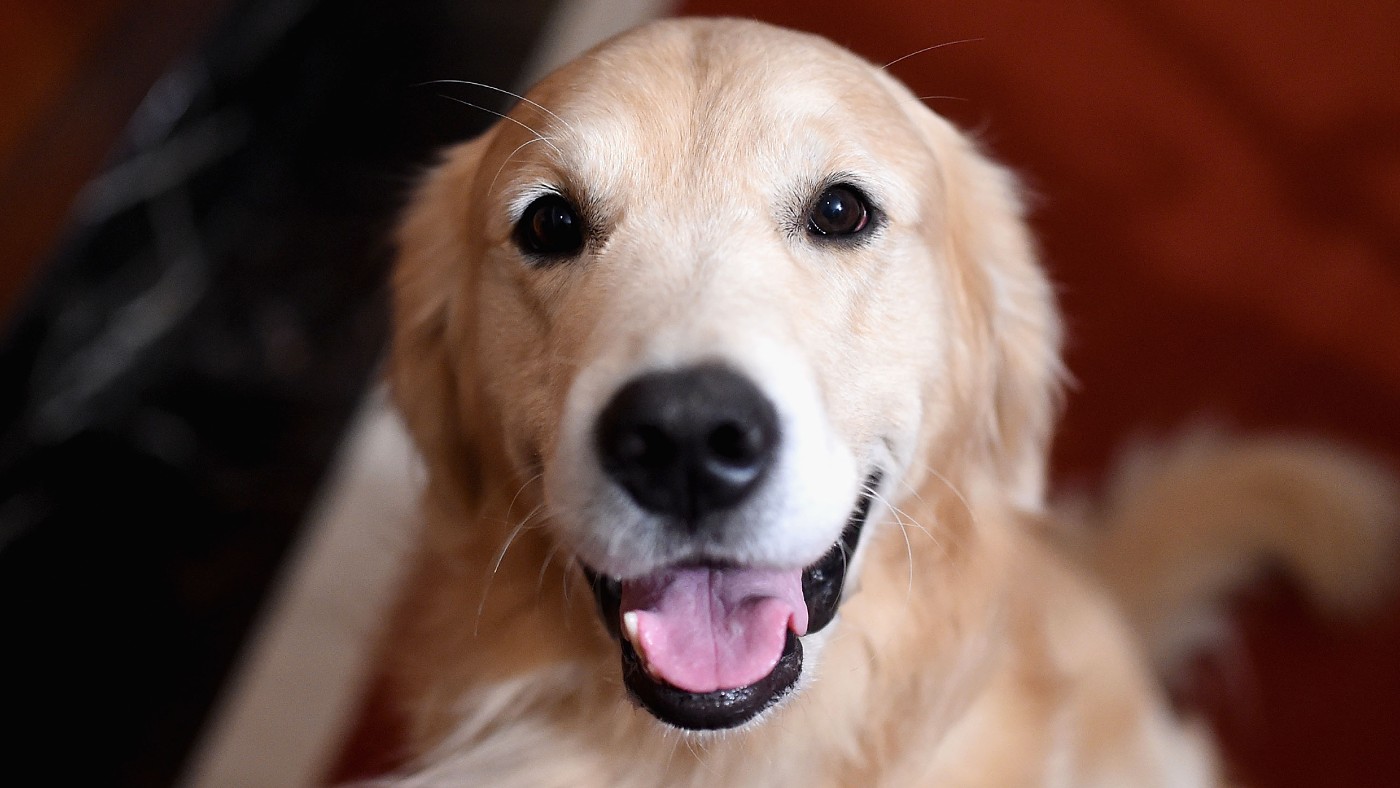 UK smashes golden retriever record
UK smashes golden retriever recordfeature And other stories from the stranger side of life
-
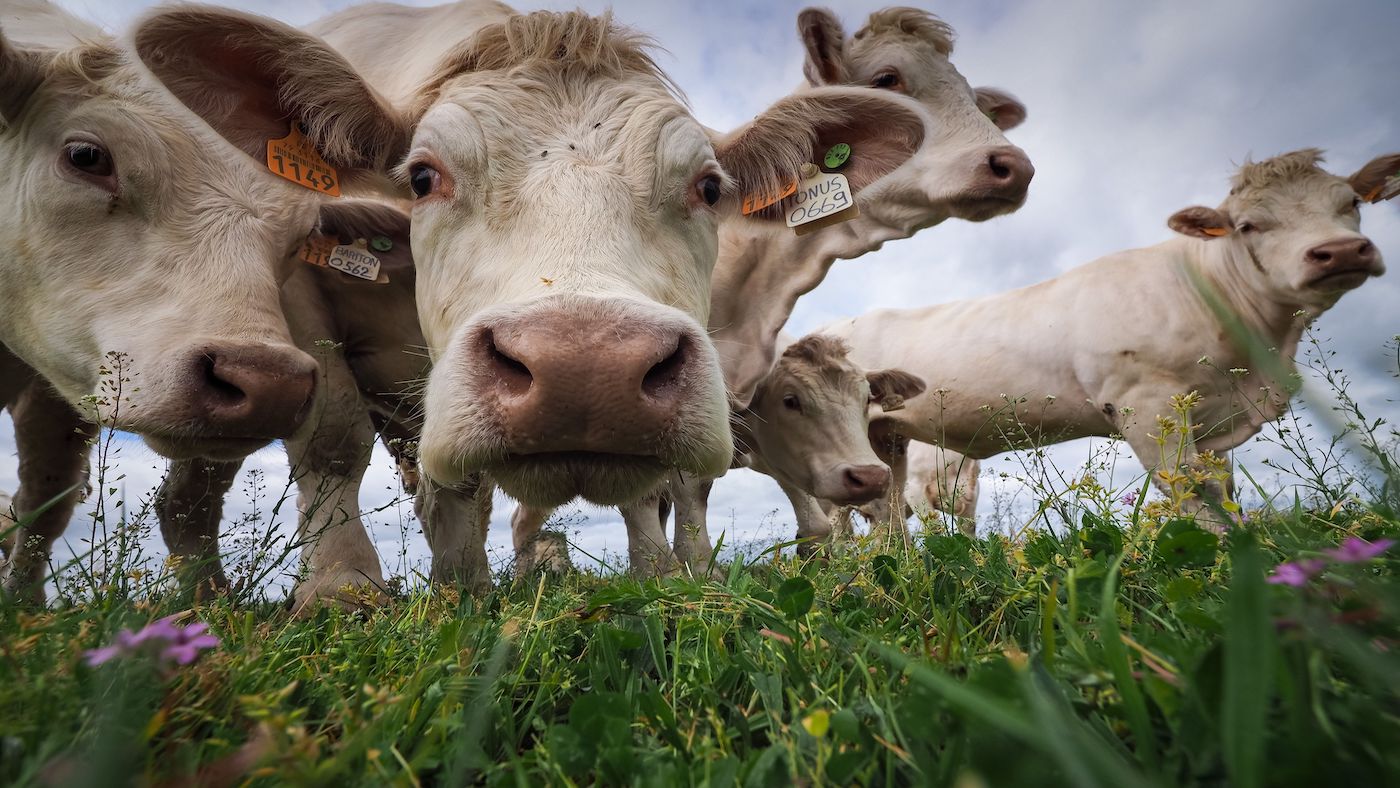 Designer compost is the new ‘must-have’
Designer compost is the new ‘must-have’feature And other stories from the stranger side of life
-
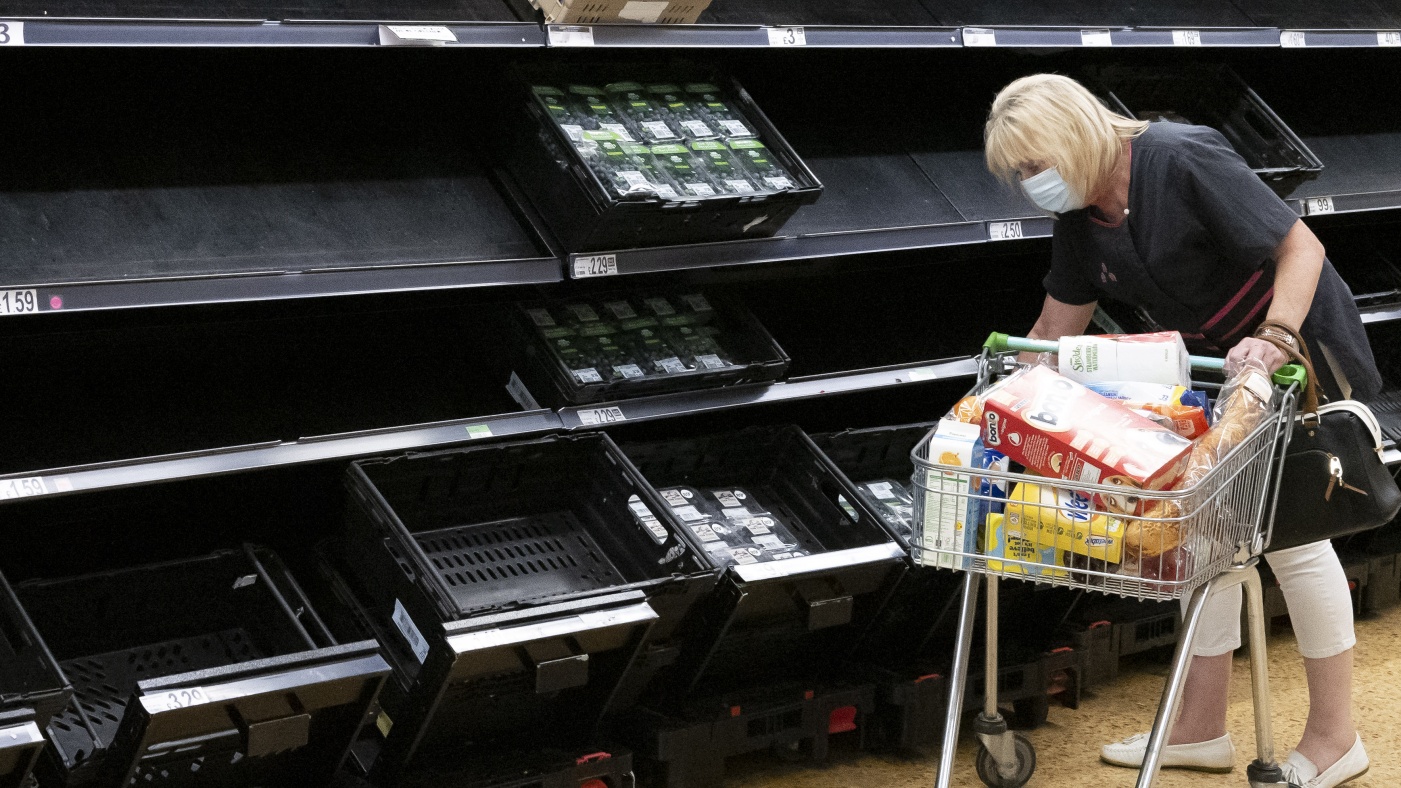 Turnips vs. tomatoes: should salad crisis force UK shoppers back to their roots?
Turnips vs. tomatoes: should salad crisis force UK shoppers back to their roots?Talking Point Britons should eat more seasonally amid national salad shortage, suggests environment secretary
-
 10 things you need to know today: July 26, 2022
10 things you need to know today: July 26, 2022Daily Briefing Pence's former chief of staff testified to Jan. 6 grand jury, Pope Francis apologizes to Indigenous Canadians for residential schools, and more
-
 ‘The UK’s malaise will not end with the Prime Minister’s exit’
‘The UK’s malaise will not end with the Prime Minister’s exit’Instant Opinion Your digest of analysis from the British and international press
-
 ‘Police tactics are not getting worse, they are simply being filmed’
‘Police tactics are not getting worse, they are simply being filmed’Instant Opinion Your digest of analysis from the British and international press